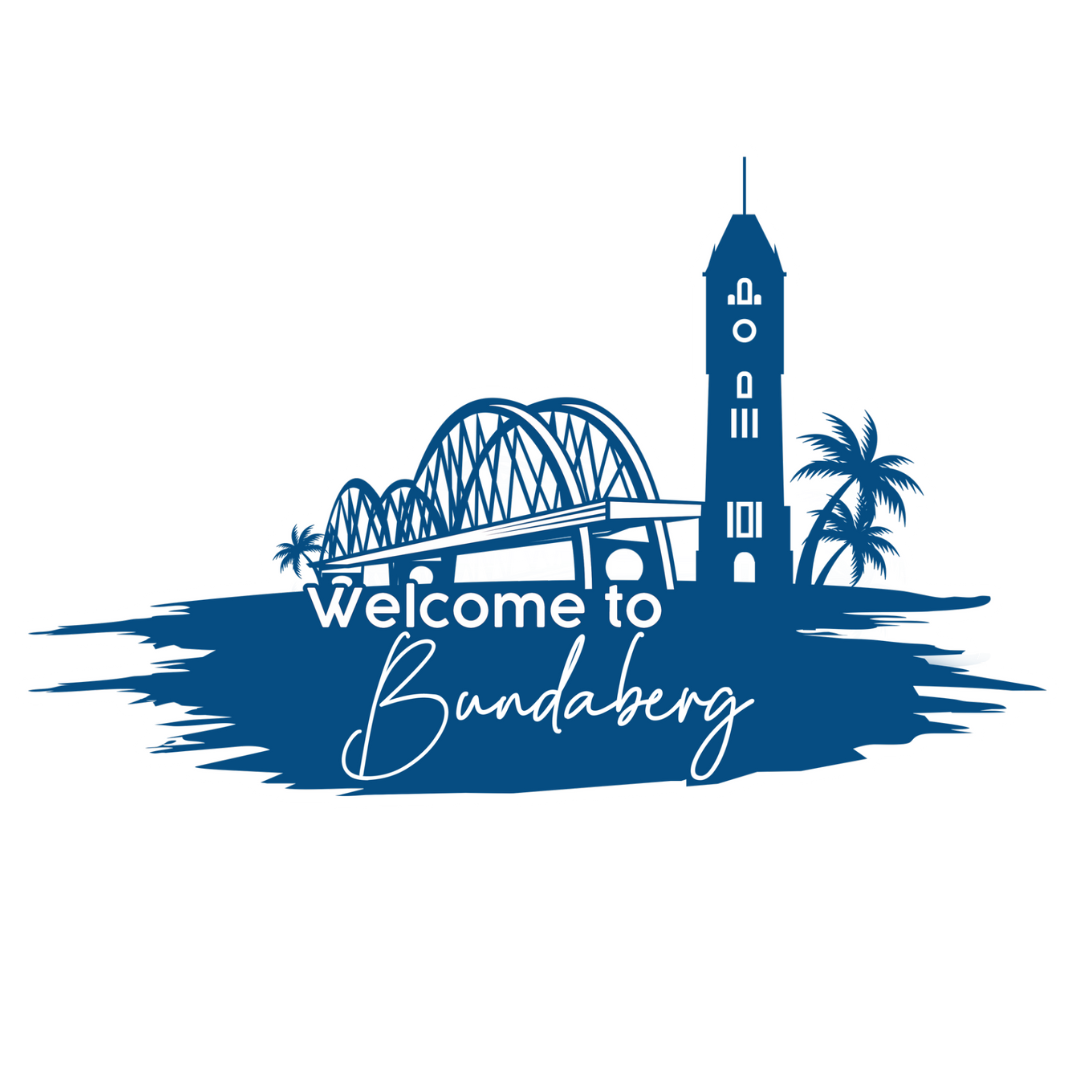Trust is often noticed most when it’s missing in the middle of a crisis, when systems falter and people are left asking who they can rely on. But as highlighted in The Trust + Flows Project Research Report, trust works best when it’s built before a crisis happens.
Trust isn’t just a social nicety; it’s a form of community infrastructure. It shapes how well people respond to emergencies, adapt during uncertainty, or recover after disruption. The report describes trust-building as “an ongoing process that, when done sustainably, enhances the ability to respond to crises.” In practice, that means relationships, not systems, are what hold a community together when pressure hits.
Here in the Bundaberg region, we’ve seen this play out through initiatives like the Wide Bay Workforce Advisory Council (WAC). Long before any emergency, workforce shortage, or policy shift escalates into a crisis, these groups are already working side by side. They meet regularly, share information openly, and build confidence in each other’s values and intentions. That steady investment means that when something unexpected happens, collaboration is natural rather than reactive.
The WAC’s work over the past year is a clear example. Representatives from health, education, community services, and industry have been developing a shared understanding of the region’s workforce challenges. Trust has grown through consistent behaviour honest conversations, transparency about constraints, follow-through on commitments, and respect for each sector’s role. When issues emerge, whether around housing, recruitment, or retention, WAC members already have the relational foundations to respond together. They’re not building trust during the challenge they’ve built it months beforehand.
Trust built in calm times becomes a safety net in stressful ones. It enables quicker decision-making, fairer resource-sharing, and a united response when it matters most. It also builds a sense of collective responsibility a belief that the wellbeing of the region is shared.
The truth is, trust does not thrive under urgency. It grows slowly and quietly, in everyday moments of respect, connection, and consistency. In that groundwork lies the real strength of a resilient community.
Project: Do Governments Trust Communities? The Trust Flows Project Research Report
Research Stream: Building Resilience to Social Harms
Authors: Mark Duckworth, Christine Horn, Michele Grossman
DOI: https://doi.org/10.56311/FZLZ2190
Duckworth, Mark, Christine Horn, Michele Grossman, (2024) Do Governments Trust Communities? The Trust Flows Project Research Report. Melbourne: Centre for Resilient and Inclusive Societies.
